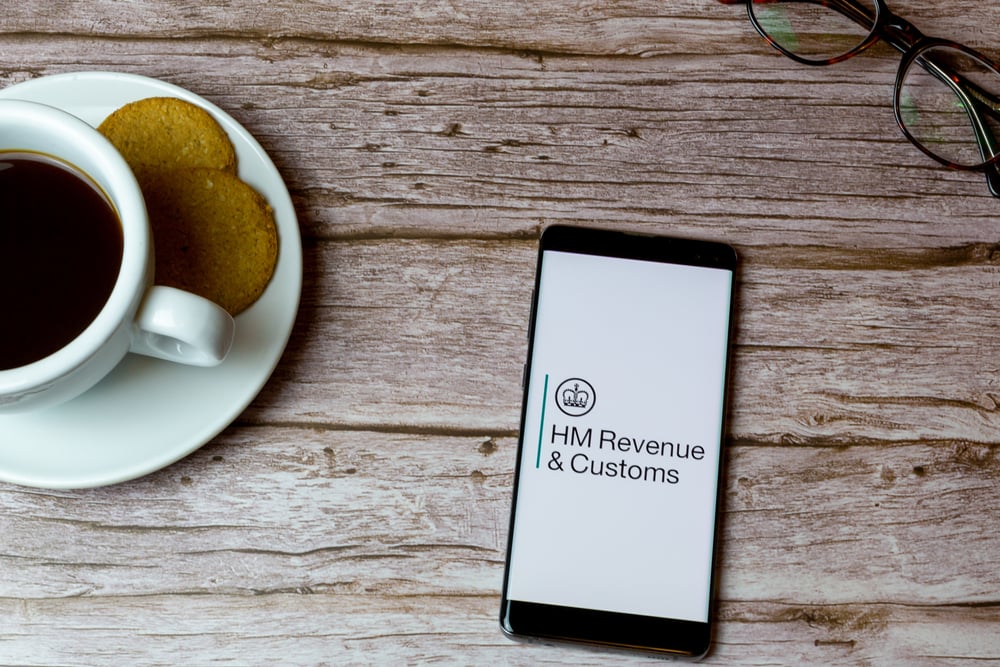HMRC Tax Enquiries: Everything You Need To Know
As a business owner, your financial affairs, including income tax compliance, may come under HMRC’s scrutiny.
And a tax enquiry can seem like a daunting and time-consuming process, pulling your attention away from running your business.
However, being informed about what to expect can help alleviate some of the initial pressure.
In this guide, we’ll explore:
- The common triggers for a tax enquiry
- The stages of a tax enquiry
- Typical timeframes for an enquiry
- What to expect at the conclusion of an enquiry
- Tips for staying organised throughout the process
- Practical steps to safeguard your business
What Triggers HMRC Tax Enquiries?
HMRC may select your business for a tax enquiry either randomly or due to specific risk factors, including issues related to corporation tax, VAT returns, and more. Having well-organised financial and accounting records can make the process smoother, but the outcome often depends on the approach of the inspector assigned to your case.
HMRC uses its Connect system to assess risks by analysing data from multiple sources, such as:
- Tax returns you submit annually
- Information from banks, building societies, and the Land Registry
- DVLA records
- Publicly available social media posts (e.g., stating you have 10,000 customers while reporting income for 100)
- Reports from members of the public
HMRC isn't required to explain why an enquiry has been initiated. However, the nature of the questions in their initial letter often reveals their focus.
At Pulse Accountants, our experienced team works to identify HMRC's concerns early on and help you secure the best outcome.
Common triggers for tax enquiries include:
- Errors, payment omissions, or inconsistencies in tax returns
- Business results that deviate from HMRC's expectations for your industry
- Significant year-on-year changes in spending or income
- Low proprietor drawings or unexpected capital introduction
- Trades with high cash flow or those with unverifiable income (e.g., third-party records)
- VAT repayment claims
How Do Tax Enquiries Work?
A tax enquiry starts with a letter from HMRC letting you know they’re reviewing your tax affairs. It will explain what they need from you and set a deadline—usually 30–35 days—for your response.
If you’re unsure whether the notice is genuine, it’s always worth checking, as HMRC has to follow specific rules about when and how they contact you.
There are two main types of enquiries.
- An Aspect Enquiry is quite focused, looking at specific entries on your tax return, often because something doesn’t add up or needs clarification.
- A Full Enquiry, on the other hand, is much broader and examines your entire return. This usually means HMRC has significant concerns about your business.
Here’s what HMRC might ask for during an enquiry:
- Bank statements for your business accounts
- Chequebooks and paying-in slips
- Credit card statements
- Sales invoices or till rolls
- Job quotes or estimates
- Purchase invoices and receipts
- VAT and payroll records
Communicating with HMRC
Failure to respond on time may result in HMRC issuing a Schedule 36 FA 2008 information notice, compelling you to provide documents or face monetary penalties. If you believe a request is unreasonable, you can appeal.
If delays occur or requests are excessive, you may challenge HMRC through closure notice applications or other avenues.
Meetings with HMRC
You are not legally obligated to meet with HMRC, and in technical enquiries or cases like VAT, PAYE, or IR35, meetings are rare. However, in full enquiries, HMRC may request a meeting to better understand your business operations and finances.
Such meetings may cover:
- Business history and operations
- VAT and PAYE matters
- Record-keeping practices
- Personal and business financials
Keep personal and business finances separate to limit HMRC's access to personal accounts unless justified.
How Long Does An Enquiry Take?
The length of an enquiry varies based on:
- Scope of the investigation
- Complexity of the tax issues
- Size of your business
A ‘straightforward’ Aspect Enquiry might complete in 3 to 6 months, while a Full Enquiry can take around 18 months or more. If disputes arise or HMRC requests additional information, it can take even longer.
What Happens At The End Of An Enquiry?
When HMRC finishes their review, they’ll let you know their decision. If they are satisfied, the enquiry will close, and you won’t need to do anything further. But if they find errors, they may ask you to pay additional tax, along with interest and possibly penalties.
For larger discrepancies, HMRC might assume similar mistakes were made in previous years and review up to six years of records (or even 20 years if they think the errors were deliberate).
Penalties depend on the type of mistake, whether it was accidental or intentional, and how cooperative you were during the enquiry. Honest mistakes usually don’t result in penalties, but careless errors could cost up to 30% of the tax due, while deliberate actions might lead to penalties as high as 100%.
If you disagree with HMRC’s findings, you have 30 days to appeal.
Staying Organised During An Enquiry
Being organised can prevent potential issues. Ensure all records are kept in an orderly manner, including:
- Bank statements
- Sales and purchase invoices
- Payroll and VAT records
Organise records monthly and by category for easy access.
How To Protect Your Business
Dealing with a tax enquiry can feel daunting, but with the right knowledge and preparation, it doesn’t have to disrupt your business.
By understanding what triggers an enquiry, how the process works, and what HMRC might expect from you, you can approach it with confidence. Staying organised, keeping thorough records, and submitting accurate tax returns on time are key steps to minimising risk.
At Pulse Accountants, we’re here to guide you every step of the way. Whether you’re facing an enquiry or simply want to safeguard your business, our team has the expertise to ensure you stay compliant and protected.
Pulse Accountants Tax Investigation Insurance
With Pulse Accountants’ Tax Investigation Insurance, you can focus on running your business while we handle HMRC’s questions. Our insurance covers the cost of expert representation during a tax enquiry, ensuring you’re fully supported from start to finish.
We’ll manage the entire process, from responding to HMRC to protecting your interests. With our guidance, you can navigate even the most complex investigations with confidence and peace of mind.
Don’t leave your business exposed—contact us today to find out how our tax investigation insurance can safeguard your success.



